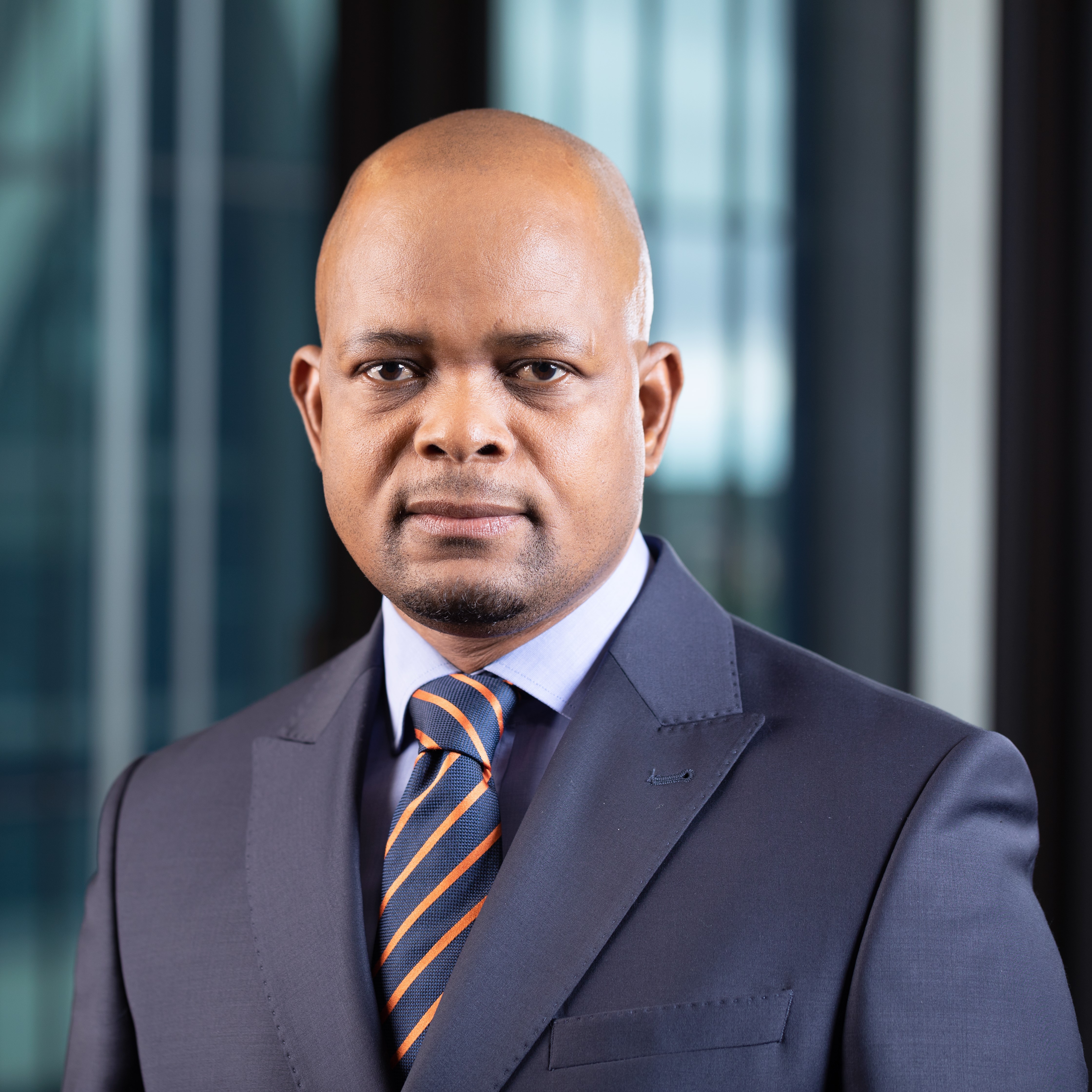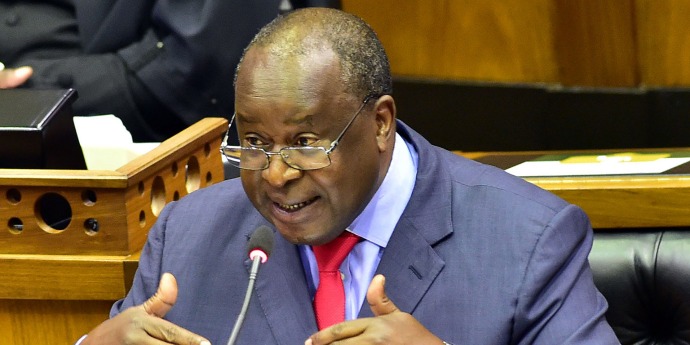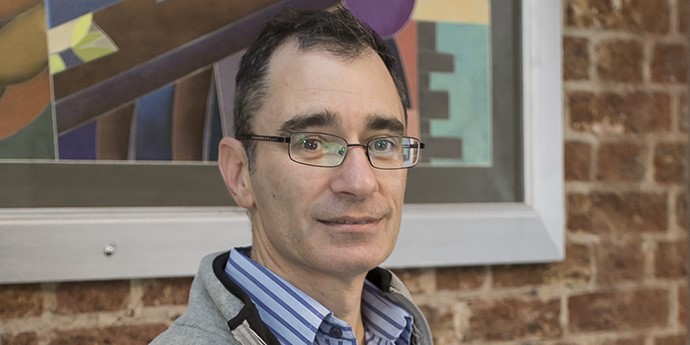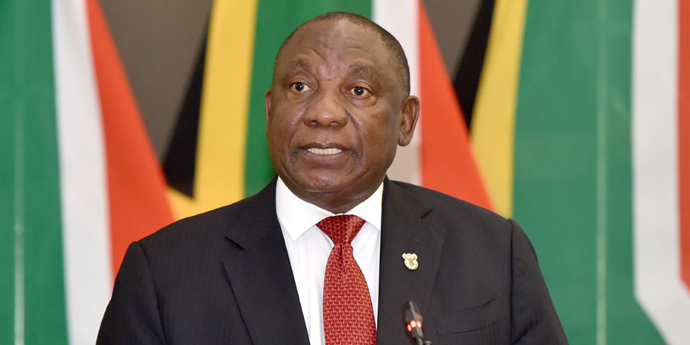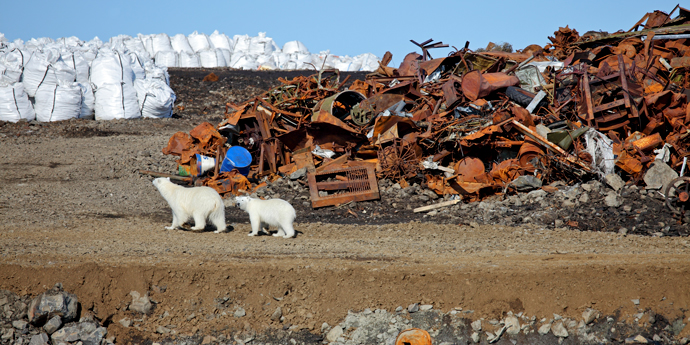Botswana has long been known for its mineral-rich economy, and in particular, its diamond mining industry. Thapelo Tsheole (Modular MBA 2013/14), the CEO of the Botswana Stock Exchange, recently took time out of his attendance at the African Mining Indaba to address our current Modular MBA class about Botswana's economy, its main industries and the challenges it faces in diversifying away from mining and diamonds.
Botswana’s economy has experienced steady growth over the past decade and has been one of the world’s fastest growing economies, with a predicted GDP growth of 4% in 2023. The country's economy is largely driven by the mining sector, which accounts for approximately 40% of its GDP. Botswana's reliance on diamonds and a public sector-driven model makes the economy vulnerable to external shocks, as diamonds contribute over 80% of total exports. With only 2.2m people in a country the size of France, it is politically stable with a low tax rate, making it an attractive economy to use as a base.
“Botswana was the largest Protectorate of the British but not a Colony. In 1966 we achieved our independence and in 1972 we found diamonds. The generation of leaders who looked after the country designed a great deal with De Beers. It was an excellent decision,” commented Tsheole. “Botswana remains a net exporter because of this.”
Aside from mining, Botswana's economy also relies on agriculture, tourism and services. The agricultural sector, which employs over 80% of the country's population, contributes to the country's food security and exports beef, poultry and other crops. The tourism industry is also a significant contributor to the country's economy, with its diverse wildlife and natural landscapes attracting tourists from all over the world.
However, despite the country's efforts to diversify its economy, the mining sector remains a dominant force. “Over the past three years, the Government has invested in the economic empowerment of its people through issuing licences to local people and to decrease the reliance on foreign consultants. We need to get more Batswana involved in the diamond industry – of the population, probably 99% of people have never seen a diamond and yet we are so reliant on it for our country.”
This reliance has created challenges for Botswana in terms of developing other industries. With such a small population, Tsheole emphasised that scaling up industries is a challenge. The Government is investing education and training to develop a skilled workforce. “This is very welcome but it can be harder to attract foreign investment. We must continue to focus on developing other industries and sectors to sustain growth,” said Tsheole.
Tsheole has played a key role in promoting the growth of Botswana's stock exchange. Under his leadership, the exchange has seen an increase in the number of listed companies and has introduced new products and services to attract investors. Tsheole has also been a strong advocate for the development of Botswana's capital markets and the creation of an enabling environment for businesses to thrive.
“African Stock Exchanges are very small. The JSE in a week trades more than all the other do together in a year. We have just over 30 companies listed. The cost of technology is huge – if you are a small exchange or a large exchange, the cost is the same at roughly $1.2m a day. The JSE pays the same amount but trades about Technology are a huge cost – if you are a small exchange or a large exchange, the cost is the same at roughly $1.2 million a day. The JSE is trading $10 billion a day, which is more than all the other African exchange rates trade in a year.”
Tsheole summarised that Botswana needs to “diversify its industries, develop and invest in agricultural skills and move away from importing all its food. Throughout the SADC region, the future isn’t as bright as a decade ago. For Botswana, the mineral wealth is huge and the opportunities are huge – but countries around the world are increasingly looking internally rather than cooperating together. This means borders are closing and this creates uncertainty and confusion. Diversification, attracting investment and making it easier for foreigners to work in Botswana is key.”
And as for Tsheole’s next move? “I made it very clear in the 2019 elections I was not interested in standing for a political role. I am a technical person who likes the corporate world. Perhaps I will reconsider in 2028.

